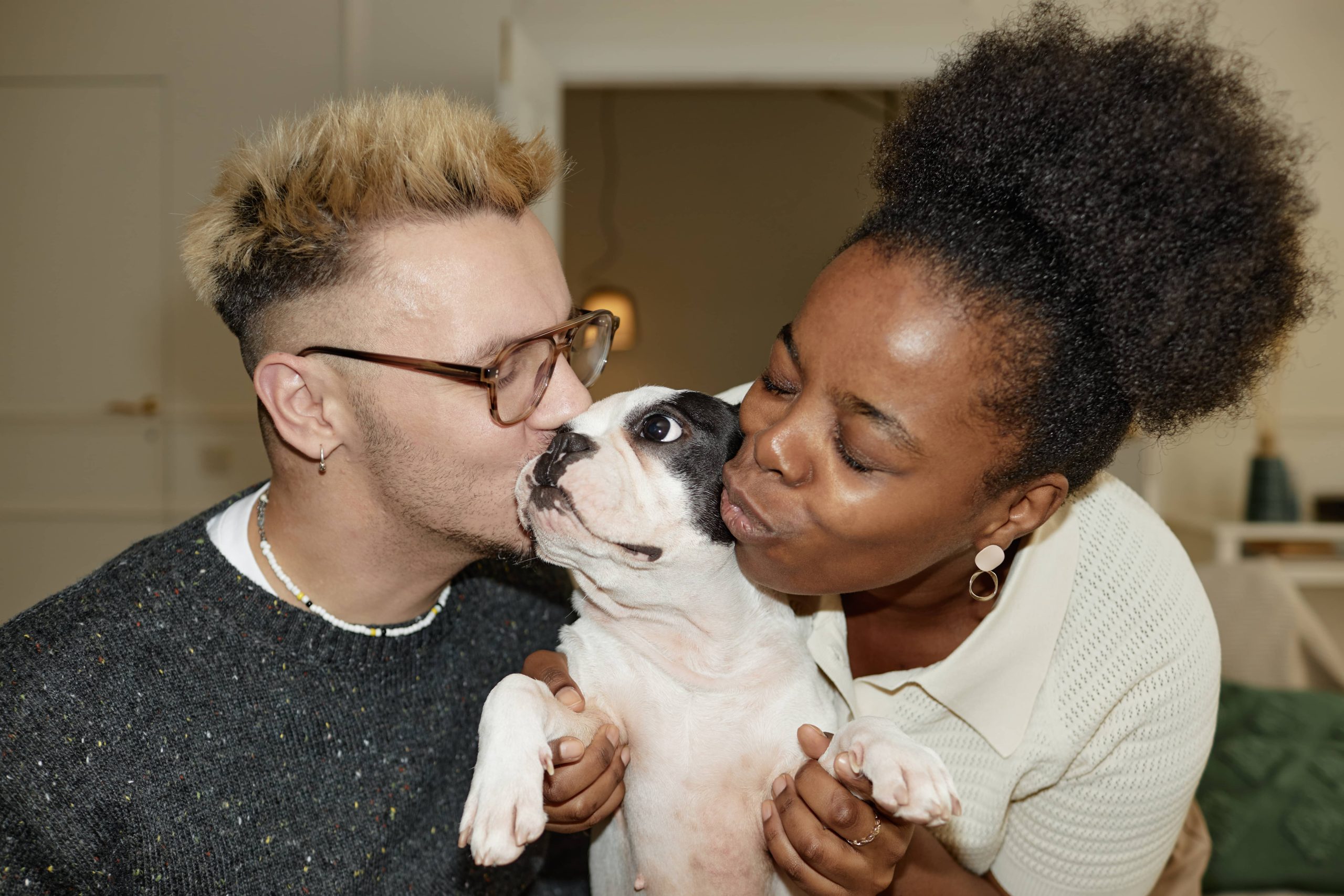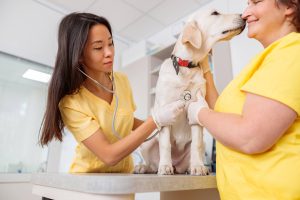
Adopting a pet is an enriching and rewarding experience that offers companionship and unconditional love. However, it also brings numerous responsibilities, including financial ones. Many prospective pet owners underestimate the true cost of adopting a pet, leading to unpleasant surprises down the road. To ensure a successful and happy adoption, it’s essential to understand the financial commitment involved and create a realistic budget.
Initial Adoption Costs
The first monetary aspect to consider is the adoption fee. While some might assume that adopting a pet is free or minimal in cost, many rescue organizations and shelters charge an adoption fee ranging from $50 to $300. This fee might support the shelter’s operations and frequently includes vaccinations, spaying or neutering, and a microchip.
1. Adoption Fee: $50 – $300
2. Initial Vaccinations: Often included in the adoption fee but verify with the shelter.
3. Spaying/Neutering: Usually included in the adoption fee but can range from $50 to $200 if not.
4. Microchip: Typically $25 – $50 if not included.
Initial Setup Costs
Once your pet comes home, there’s an upfront investment required to ensure their comfort and safety. Regardless of whether you adopt a dog, cat, or another type of pet, certain basic supplies will be needed.
1. Food and Water Bowls: $10 – $40
2. Collars, Leashes, and ID Tags: $20 – $50
3. Litter Box and Litter (for cats): $50 – $100
4. Crates or Carriers: $40 – $250
5. Bedding: $20 – $100
6. Toys and Enrichment Items: $10 – $50
7. Grooming Supplies: $20 – $80
Medical and Veterinary Care
Regular veterinary care is crucial for maintaining your pet’s health. Initial checkups, vaccinations, and treatments for any immediate health issues are necessary. Establishing a relationship with a veterinarian early on is wise.
1. Initial Vet Visit and Checkup: $50 – $150
2. Rabies and Other Vaccinations: $75 – $100
3. Flea, Tick, and Heartworm Prevention: $60 – $200 annually
Consider setting money aside for unforeseen medical expenses. While budgeting for routine care is manageable, emergency treatments can be costly.
Monthly and Annual Recurring Costs
Besides the initial expenses, maintaining your pet’s well-being is a continuous financial responsibility. Here’s a breakdown of monthly and annual costs.
Food and Treats
– Dog Food: $20 – $60 per month
– Cat Food: $10 – $40 per month
– Treats: $5 – $20 per month
Routine Veterinary Care
– Annual Checkups and Vaccinations: $150 – $300 per year
– Dental Care: $100 – $300 per year
Grooming
– Home Grooming Supplies: $5 – $30 per month
– Professional Grooming (for certain breeds): $30 – $90 per session
Parasite Prevention
– Flea, Tick, and Heartworm Prevention: $5 – $20 per month
Training and Socialization
Pet training, particularly for dogs, is crucial for their good behavior and your peace of mind. Professional training classes or private sessions can be a significant investment.
– Group Training Classes: $50 – $200 for a multi-week course
– Private Training Sessions: $30 – $100 per hour
Pet Insurance
Pet insurance is becoming an increasingly popular choice to manage potential veterinary costs. Policies vary in coverage and premium amounts, so it’s important to research and find one that suits your needs.
– Pet Insurance Premiums: $20 – $60 per month based on the pet’s age, breed, and health status
Additional Considerations
Beyond tangible expenses, consider costs related to your lifestyle and potential changes. Pet care services when traveling or during emergencies can add up.
1. Pet Sitting or Boarding: $15 – $50 per day
2. Dog Walking Services: $10 – $25 per walk
Creating a Pet Budget
After understanding the multitude of costs associated with pet adoption, creating a well-thought-out budget is vital. Here’s how you can start:
1. Estimate Initial Setup Costs: Aggregate the initial adoption fees, initial vet visits, and supplies. This one-time expense will be significant but necessary.
2. Calculate Monthly Expenses: Add up the costs for food, grooming, routine veterinary care, and any subscriptions such as pet insurance.
3. Emergency Fund: Allocate money to a savings account specifically for unexpected expenses like emergency treatments, sudden travel, or pet boarding.
Example Budget Breakdown
Initial Setup Cost
– Adoption Fee: $150
– Initial Vet Visits: $100
– Supplies (Bedding, Food Bowls, Toys): $150
– Total: $400
Monthly Recurring Costs
– Food: $40
– Treats: $10
– Flea & Tick Medication: $15
– Pet Insurance: $40
– Total: $105
Annual Costs
– Annual Checkup and Vaccinations: $200
– Dental Care: $150
– Additional Supplies: $100
– Total: $450
Conclusion
Adopting a pet is a lifelong commitment that requires careful consideration and financial preparation. By understanding the true costs and creating a realistic budget, you can ensure that you provide a loving and stable home for your new furry friend. Ultimately, the joy and companionship a pet brings are priceless, but being financially prepared will make the journey smoother and more enjoyable for both of you.






